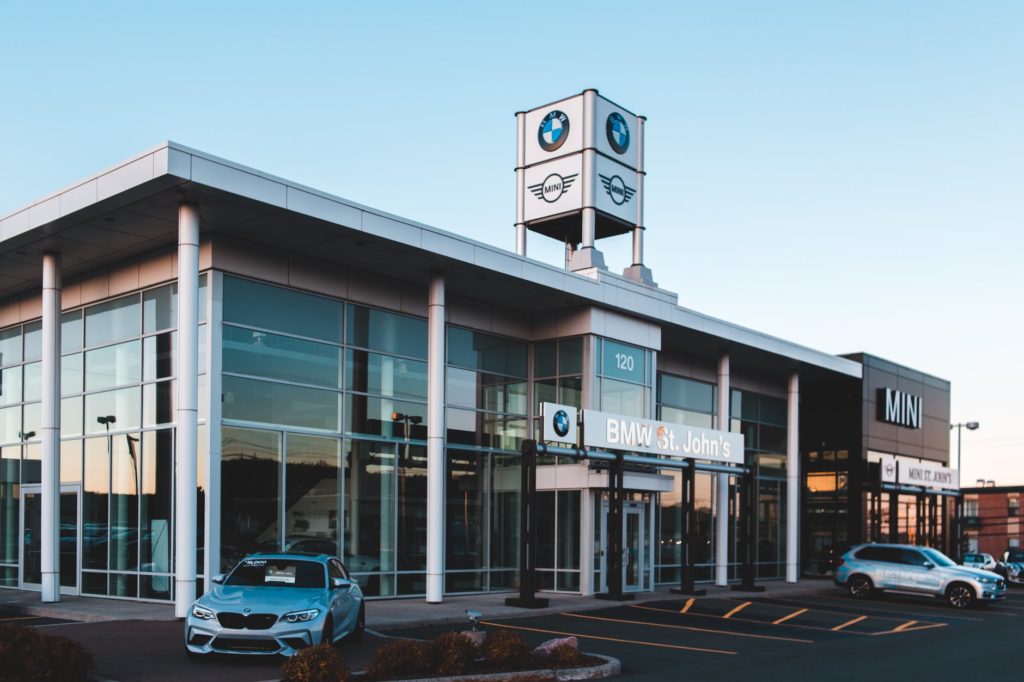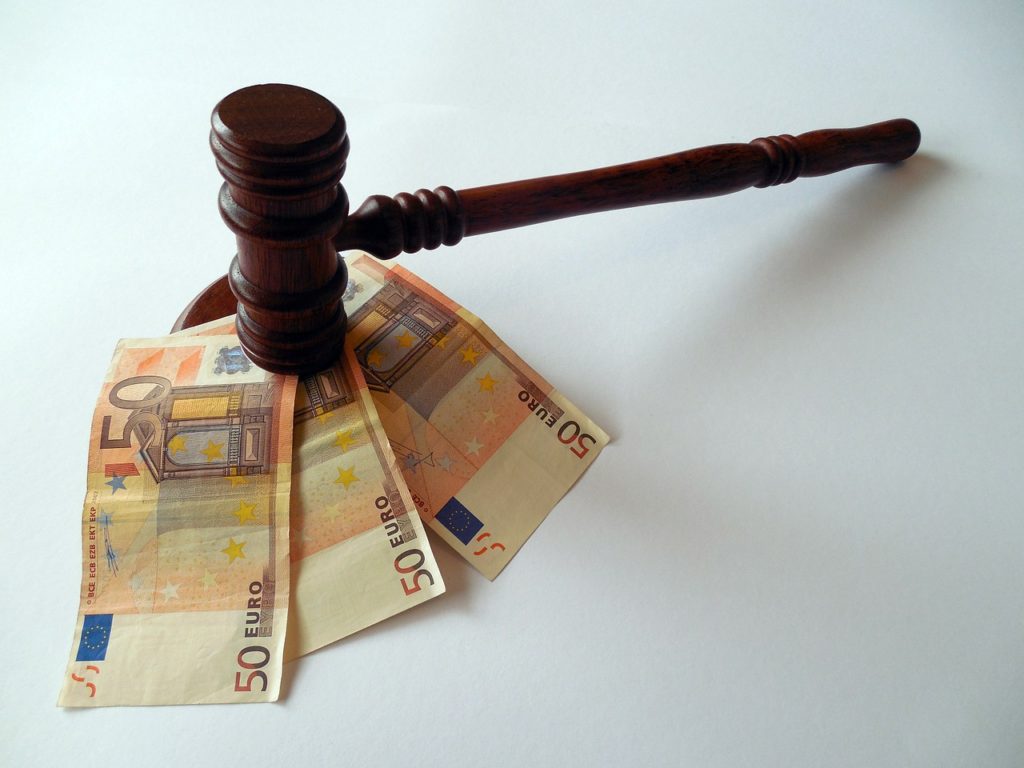
Where Do Used Car Dealers Get Their Cars from? – A Definitive Guide

Have you ever wondered where do dealers buy used cars? It’s certainly not the first question that comes to mind when we decide to purchase a pre-owned vehicle. However, this information will help you understand the world of dealers slightly better.
If you’re thinking about starting your own business, figuring out where do used car dealerships buy cars can be quite useful. You’ll have the chance to check out a couple of options and contemplate all the expenses more thoroughly.
Either way, we’ll answer all of your questions below. Let’s get started!
What are the dealerships and how different are they from other sellers?
Dealerships are local businesses that mainly concentrate on buying and selling new/used cars. They can be pretty small and serve their community only. Or they might be nationwide and supply the whole country.
Either way, they are one of the first places we think of when we consider purchasing a pre-owned vehicle.
Dealers are quite easy to distinguish from private sellers. They usually have a store or two where they keep their inventory. They will offer a handful of choices, show you quite a few options and consult you on the features of the cars that you are interested in.
Private sellers, on the other hand, are quite limited when it comes to the versatility of inventory. The majority of them have one car to sell, maybe a couple in certain cases. But they certainly don’t have options, neither do they have a store.
Local dealerships aren’t the same as certified pre-owned (a.k.a. franchised) dealerships either. As mentioned, they supply various brands and cars. Franchised dealers work with various manufacturers, and they only sell vehicles from specific companies.
For example, a Ford or BMW dealership will mainly sell certified pre-owned Ford or BMW cars. Though such dealerships have their own advantages, they certainly aren’t the most versatile.
Therefore, local dealerships are quite different from others. They certainly offer an abundance of choices, which can be quite useful if you don’t know which used car to get.
But the question is – where do used car dealers get their cars from and how do they achieve such versatility? We’ll find that out below.
Where do dealers buy used cars from most frequently?

The most obvious sources for the dealers are certainly auctions and trade-in vehicles. Of course, they get their cars from other places, as well, but these options are more common.
Let’s see where do dealers buy used cars most frequently.
Wholesale dealer auctions
The absolute majority of dealers (around 97% according to the National Independent Auto Dealers Association) attend wholesale auctions. These auctions are meant for the dealerships only and the public can’t participate freely.
During wholesale auctions, dealers get the chance to buy cars at a very small price. They can even get a deal at a half retail value. Of course, such vehicles are rather profitable.
However, the quality at wholesale auctions is usually hit or miss. A dealer might be able to get a wonderful car that’s in great condition. But they might also bid on something that’s been in a horrible accident. Since there are no test-drives here, it’s impossible to determine the condition beforehand.
Closed and open auctions
Closed auctions are more exclusive as they choose their attendees carefully. Unlike open auctions, they are hosted by certain companies or manufacturers with a specific audience in mind (ex.: franchise dealers). A dealership that gets an invitation will be able to get newer used cars, as well as vehicles that are in great condition.
Open auctions are open to the majority of the dealers. They have all sorts of deals regardless of the model year, condition and price. Dealers who prioritize small price can easily get cheap cars at open auctions.
Trade-in cars
If you’re wondering where do used car dealerships buy cars, but you’ve considered trade-in yourself – well, you should already know the answer. Trade-in cars are one of the primary sources of inventory as they have a great value and come with the ability to test drive.
Dealers get the chance to inspect trade-in vehicles carefully, which means they can be sure about their quality.
Where do used car dealerships buy cars in other cases?
Even though auctions and trade-ins are great sources of inventory, sometimes dealers turn to other options, such as rental companies or leased returns, finance companies, or private-party sellers.
Rental companies
Even though rental companies aren’t the primary source of inventory, they can sometimes supply dealers with cars they no longer need. They might even sell such vehicles at open auctions. Either way, dealerships have a chance to purchase such cars.
Rental cars are quite risky because they’ve gone through many owners and the chances are the majority of them didn’t treat them properly. Therefore, the quality isn’t guaranteed with these.
Leased returns
If a dealership has a leasing program, then they’ll probably end up selling the cars that are returned at the end of the lease.
There are certain regulations when it comes to the lease, including limited mileage and certain precautions about the condition of a vehicle. Therefore, leased returns are usually in great condition and have lower mileage on the odometer. Such cars are the best buys in many cases.
Finance companies
If you’re still wondering where do used car dealers get their cars, then you should know that finance companies are one of the sources. Cars need to take a longer route to go from a finance company to a dealership.
Their first destination is car supermarkets where they are fixed and refurbished, and if they don’t get sold, they are returned to the finance company. The latter will, then, send such vehicles to a closed auction.
Private-party sellers
Dealers purchase from private-party sellers more often than you might think. If you’ve ever sold a vehicle before, you’ll know that dealerships will often offer quick purchases in exchange for smaller value.
In other words, dealers usually buy used cars from private sellers cheaply and then sell them with more profit.
Why might it be better to buy a used car at a dealership?
After seeing where do dealers buy used cars, it’s still undeniable that dealerships can be a better option for buying a pre-owned vehicle because they are more convenient and versatile. However, there are other benefits as well:
- You can get a warranty that will cover your car for a certain amount of time;
- Once again, you get the chance to look through an abundance of options;
- You can also examine several cars and take them for a test drive during a single visit;
- You can finance your vehicle or get a lease when you buy from a dealership;
- If you choose the correct timing, you can get a pretty decent deal;
- You always have the trade-in option;
- You can get an expert opinion at those dealerships where salespeople don’t profit from selling a particular vehicle;
- You can request history reports and other documents to double-check the quality and condition of the vehicle;
- And finally, the majority of dealerships will take care of the paperwork themselves.
When you know where do used car dealerships buy cars, you get the chance to understand the quality of their sources. If you don’t trust local stores, you can always turn to franchised dealerships. But if you live in a small community, the chances are you’ll be greeted with excellent customer support and great deals, as well.
Even though you’ll have to pay more for cars that you buy from a dealership, you’re paying extra money for those extra perks. It’s up to you to decide whether those benefits are worth the money or not.
One thing to keep in mind is that not all dealerships are the same. Some are more reliable than others, and prior research should help you understand which one you can trust.
Conclusion
Whether you should buy from a dealership or not is a different topic to discuss. You already know the advantages of these stores and you also understand where do used car dealers get their cars. This means that you have all the necessary information to make a reasonable choice.
Whether you decide to stick with a dealership or not, you’ll still benefit from the information I’ve provided. You might get motivated to start your own business and, in that case, you’ll certainly need to locate those sources. Good luck in your journey!




